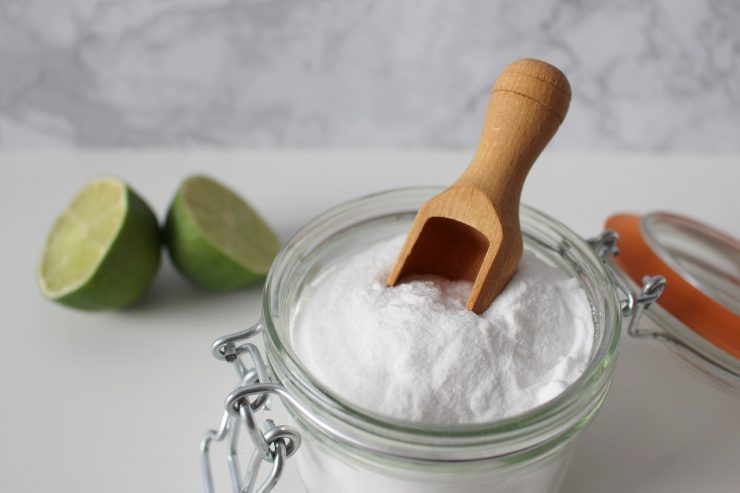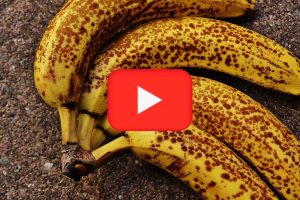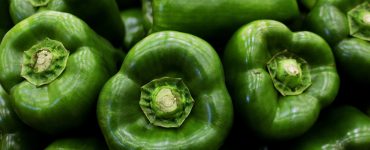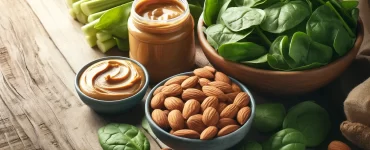New research freshly published in the Clinical Journal of the American Society of Nephrology suggests that maintaining balanced levels of baking soda, also known as bicarbonate, in your body might just increase your chances of living longer.
The study, which delved into data from the Health, Aging and Body Composition Study involving 2,287 healthy adults aged 70 to 79 at the start of the research in 1997, followed them for about a decade until February 2014 to gather survival data.
So, what’s the scoop?
Dr. Kalani Raphael, an associate professor specializing in nephrology and hypertension at the University of Utah, along with colleagues, explored the connection between pH, carbon dioxide, bicarbonate, and longevity.
As per a press release from the University of Utah, severe acid-base imbalances in critically ill patients often lead to poor survival rates. But, the impact of subtler changes in acid-base status on the lifespan of generally healthy older individuals remained unclear.
Their findings revealed a noteworthy discovery: individuals with low bicarbonate levels were associated with a 24 percent increased risk of premature death. Bicarbonate, commonly found in sodium bicarbonate, plays a crucial role in balancing pH levels, potentially extending life.
Dr. Raphael emphasized, “What we found was that generally healthy older people with low levels of bicarbonate had a higher risk of death.” Interestingly, even when factoring in pH measurements, the results remained consistent, highlighting the importance of bicarbonate levels, as pH isn’t typically assessed.
These findings could aid clinicians in better evaluating a patient’s risk of premature death by closely monitoring their blood bicarbonate levels. By recommending dietary adjustments to individuals with low bicarbonate concentrations, clinicians can optimize their health outcomes.
So, what’s in it for you?
Curious about incorporating more baking soda into your routine? Surprisingly, it’s not about that trusty yellow box in your fridge fighting odors. Instead, it’s about increasing your intake of fruits and vegetables.
Fruits and veggies high in potassium and bicarbonate, with a negative potential renal acid load (PRAL) score, can mitigate the acid produced by the kidneys after metabolism. The higher the negative score, the more potassium and bicarbonate they offer, potentially reducing the risk of premature death. Think apples, raisins, spinach, bananas, carrots, broccoli, lemons, and yes, even coffee.
Belly Fat & Death
Have you ever noticed that excess belly fat often comes with a bunch of other issues like low energy, mood swings, trouble sleeping, and wonky blood sugar levels?
Well, here’s the kicker – that spare tire around your midsection isn’t just about looks. It’s a red flag signaling something much more serious.
If you’re dealing with any of those pesky problems mentioned earlier, chances are you’ve got what experts call “deep belly fat.” And let me tell you, it’s not playing nice.
This type of fat wraps around your organs like a clingy scarf, upping your chances of running into serious health troubles like sleep apnea, joint pain, depression, anxiety, and muscle soreness. Plus, it opens the door to scary diseases like diabetes, heart disease, and even Alzheimer’s.
So, not only does that stubborn belly fat mess with your self-esteem, but it’s also quietly plotting against your well-being.
But hey, there’s hope on the horizon! Dr. Rand McClain, MD, has cracked the code on why our bodies love hoarding belly fat and, even better, he’s got a nifty trick to flip the switch and start melting away that deep belly fat – no sweat required.
He’s even cooked up a simple “at home test” to measure just how much deep belly fat you’re lugging around and what your risk level is for an early check-out.
Ready to take charge of your health?
Click here to jump on Dr. McClain’s test and kiss that dangerous belly fat goodbye...














